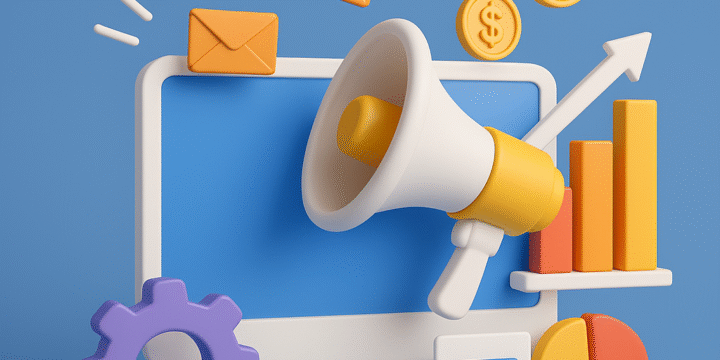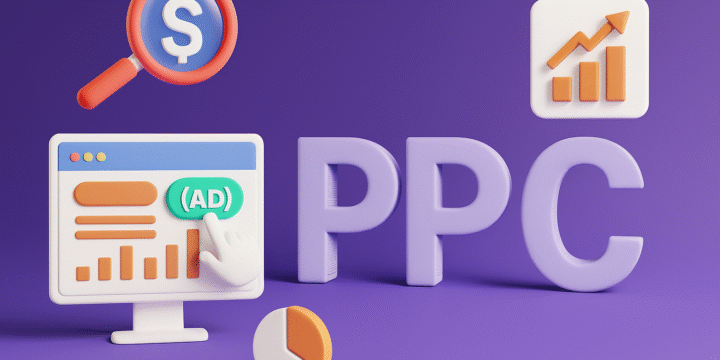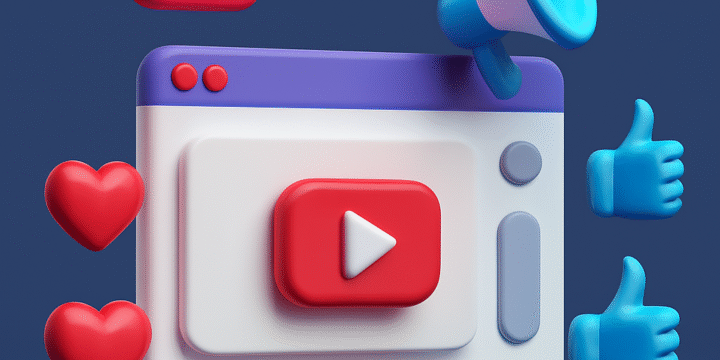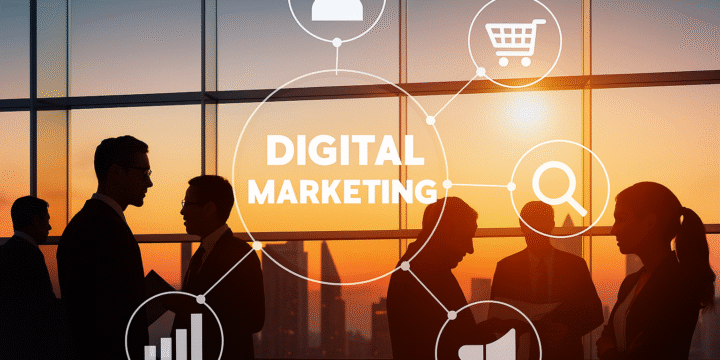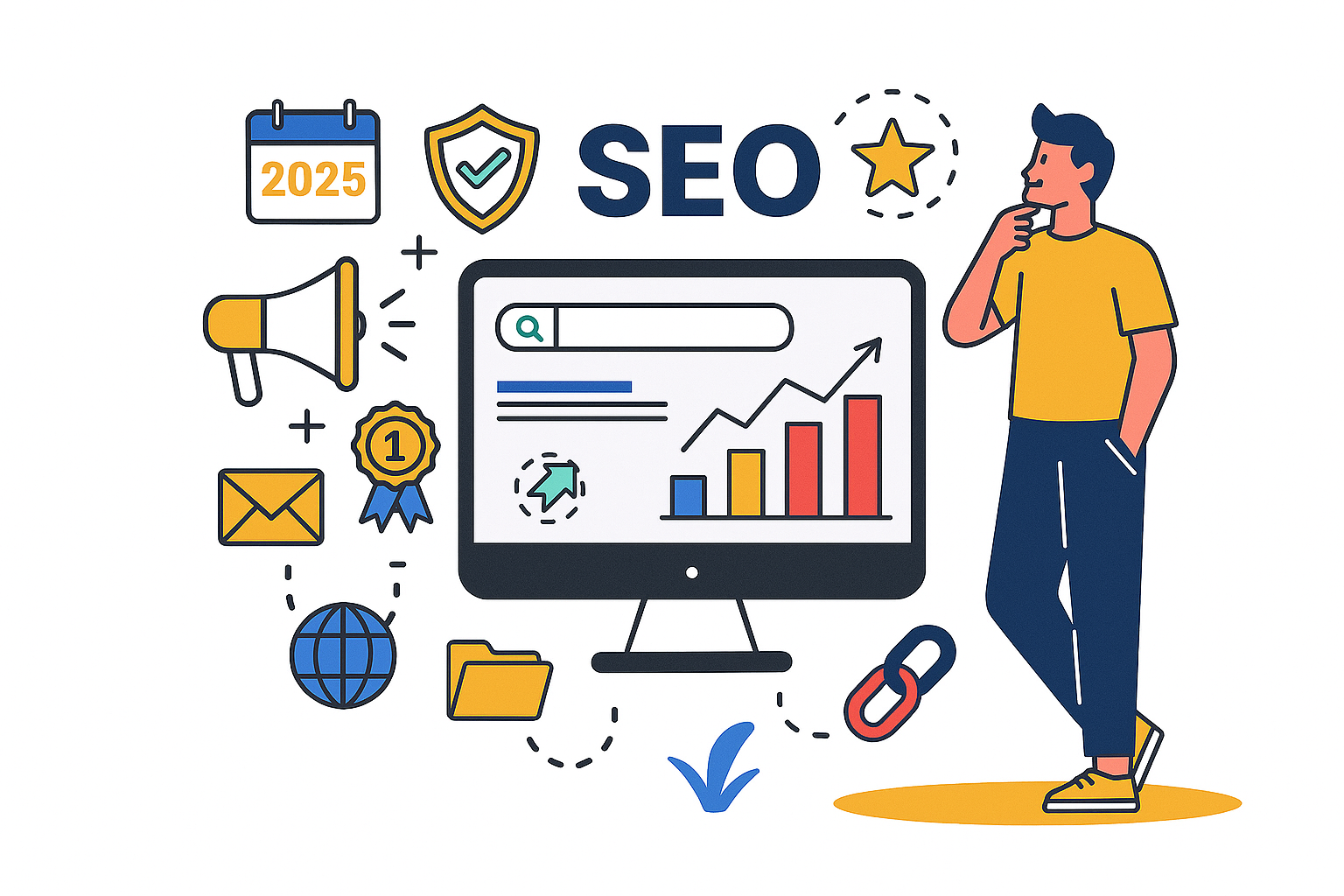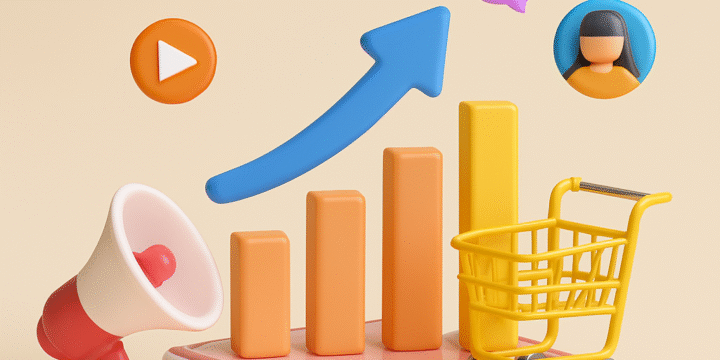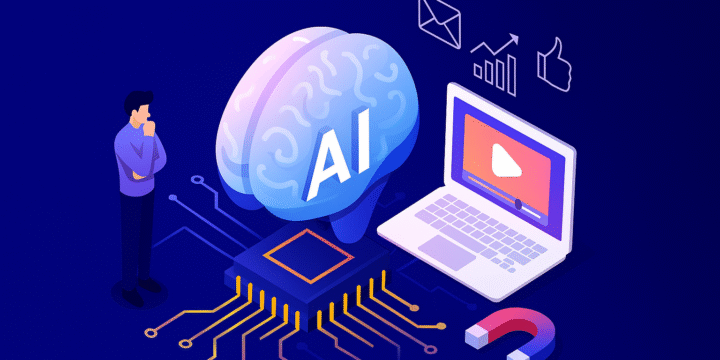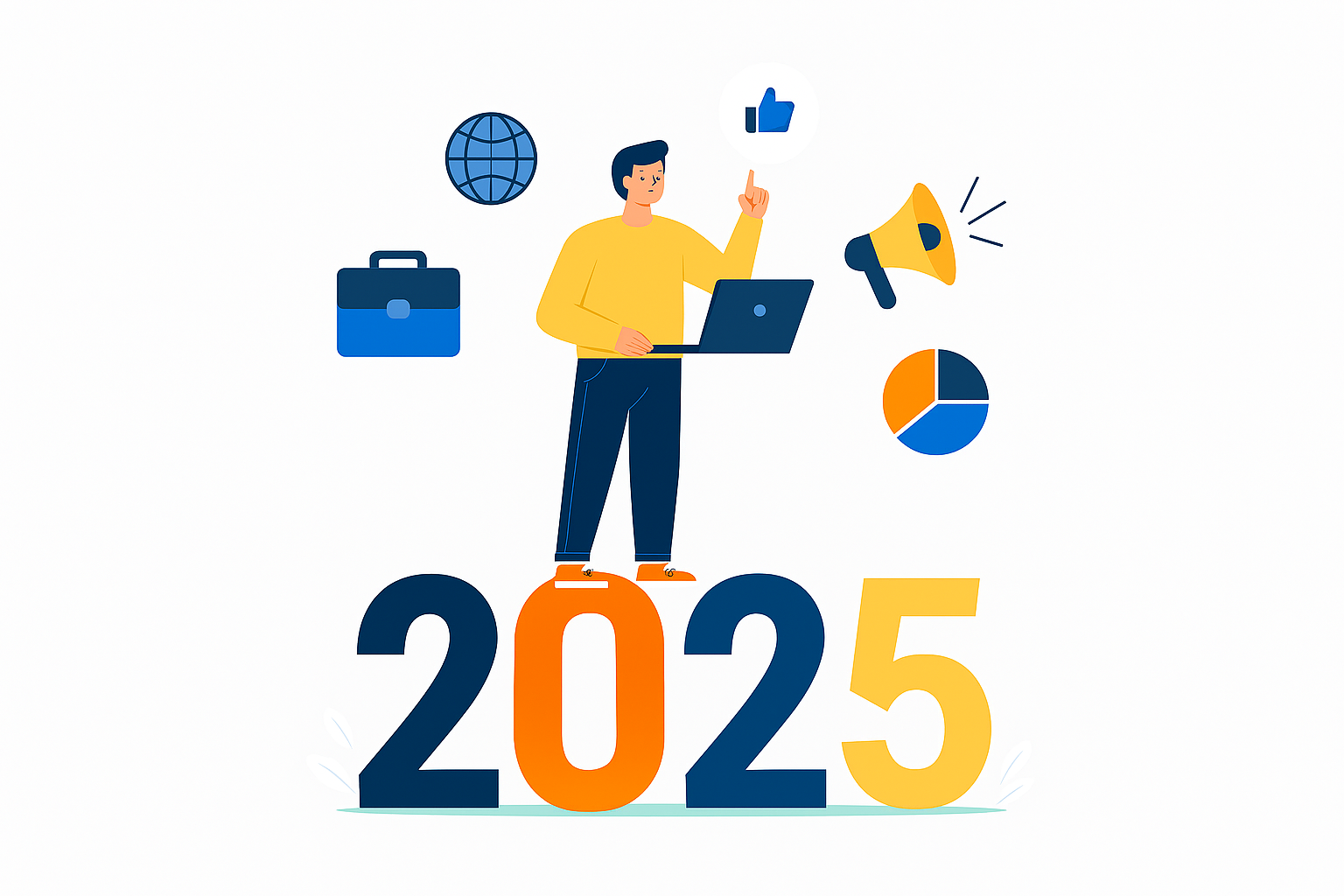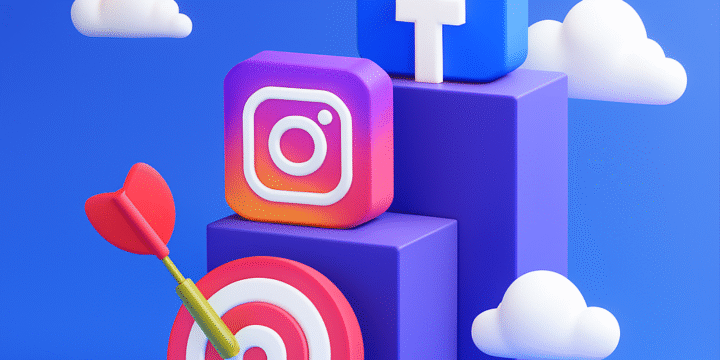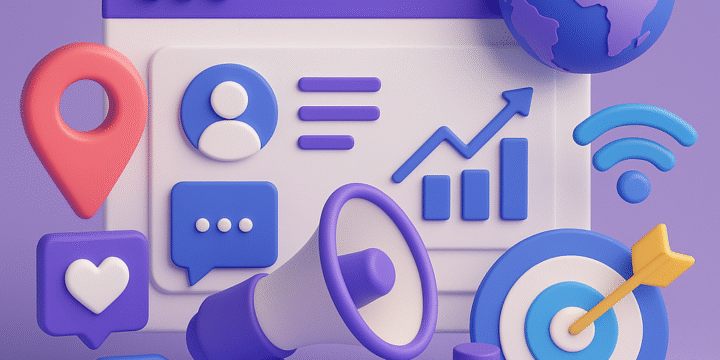
How to Build a Strong Online Presence in 2025: A Complete Digital Strategy for New Businesses
In 2025, having a business without a strong online presence is like opening a store in the middle of a desert. No matter how good your product or service is, customers won’t find you unless you show up where they already spend their time — online. For startups and local businesses, building a solid digital marketing strategy is no longer optional; it’s a necessity for survival, credibility, and long-term online growth.This comprehensive guide will walk you through everything you need to know about creating a powerful online presence in 2025 — from branding and website optimization to social media, SEO, content marketing, paid ads, and AI-driven tools. Whether you’re launching a new business or trying to scale an existing one, this blog will help you build visibility, trust, and sustainable…

